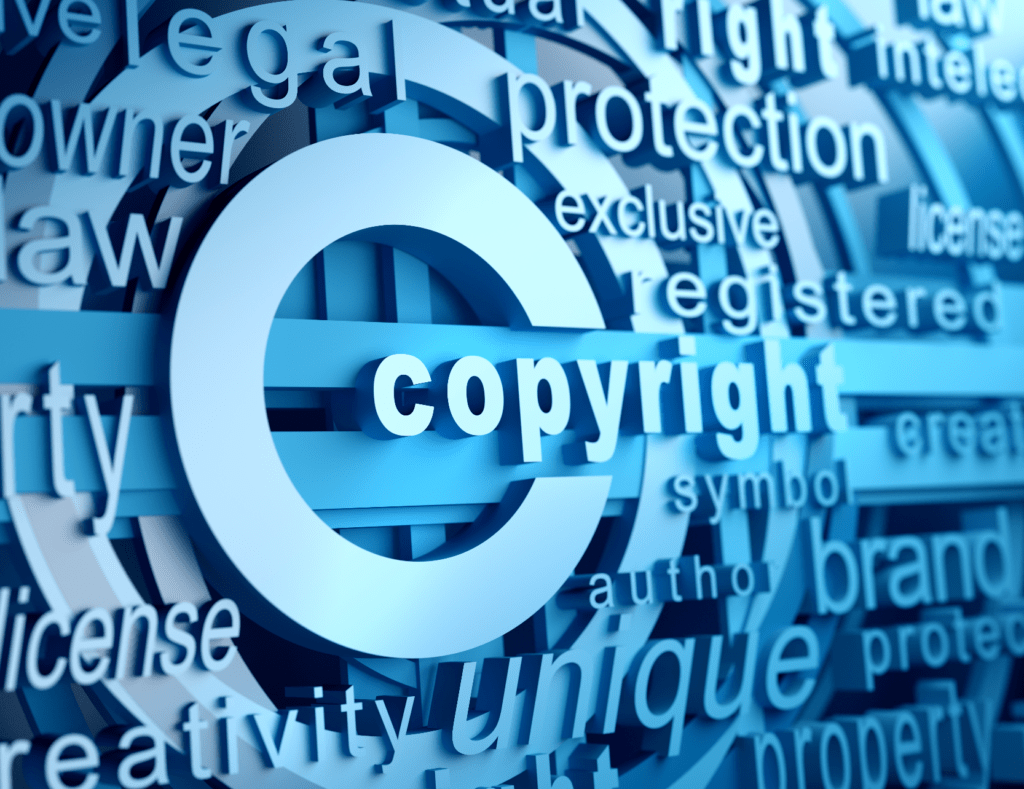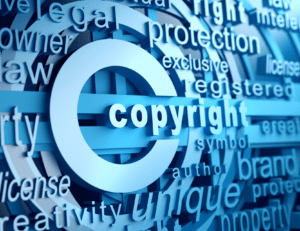In the fast-paced world of technology startups, creating a groundbreaking software product is only half the battle with the other half being software copyright protection strategy. With the rise of digital distribution and the ease of copying and modifying software, copyright infringement has become a pressing issue for developers and companies alike. Whether you’re a small indie developer or part of a large tech corporation, understanding how to navigate copyright laws and protect your intellectual property is crucial. This blog will walk you through the ins and outs of copyright infringement in the software industry, highlighting common pitfalls and offering strategies to keep your digital creations secure.
In an era where software development is booming and digital products are more accessible than ever, the specter of copyright infringement looms large over creators and companies. It’s a complex battlefield, with legal nuances and ethical considerations at every turn. This comprehensive guide aims to shed light on copyright infringement in the software industry, offering insights and strategies to protect your work from being unlawfully copied or used without permission.
The Basics of Copyright Law
At its core, copyright is a form of protection provided by the laws of the United States (and many other countries) to the authors of “original works of authorship,” including literary, dramatic, musical, artistic, and certain other intellectual works. For software developers, this means your code is protected from the moment it’s created and fixed in a form that is perceivable either directly or with the aid of a machine or device.
Recognizing Copyright Infringement
Copyright infringement occurs when someone copies, distributes, performs, or creates derivative works from your copyrighted software without permission. This can range from an individual sharing a copy of your software on a file-sharing site to a company using your code base to develop a competing product. The digital nature of software makes it particularly vulnerable to such unauthorized uses, underscoring the need for robust protection strategies.
Common Pitfalls in Software Copyright Protection
- Lack of Understanding: Many developers, especially those new to the field, may not fully understand their rights and the extent of software copyright protection. This can lead to unintentional infringement or failure to protect their own creations adequately.
- Improper Licensing: Software is often distributed under various licenses, from open source to proprietary agreements. Misunderstanding or violating these licenses can lead to legal challenges during the course of software copyright protection.
- Inadequate Documentation: Failing to maintain detailed records of development processes, version control, and licensing agreements can complicate software copyright protection, enforcement, and defense.
 Strategies for Protecting Your Software
Strategies for Protecting Your Software
1. Use Copyright Notices and Licensing Agreements: Clearly indicate the copyright status of your software and the terms under which it’s distributed. Whether you’re releasing an open-source project or a commercial product, appropriate licenses serve as a first line of defense against infringement.
2. Implement Strong Copyright Management: Keep detailed records of your software’s development, including who contributed code, when, and under what circumstances. This can be crucial in software copyright protection by way of proving ownership and originality if infringement claims arise.
3. Educate Your Team and Community: Make sure everyone involved in your project understands copyright law, the scope of software copyright protection, and the importance of respecting other creators’ rights. A well-informed community is less likely to commit infringement, accidentally or otherwise.
4. Monitor for Infringement: Use tools and services that scan the internet for unauthorized copies or uses of your software. Early detection is key to stopping infringement before it causes significant damage.
5. Take Action When Necessary: If you discover infringement of your software, consult with a copyright attorney to discuss your options. These might include sending a cease-and-desist letter, negotiating a settlement, or filing a lawsuit.
Navigating Copyright Infringement Claims
If you’re on the receiving end of a copyright infringement claim, it’s crucial to take it seriously. Evaluate the claim thoroughly, ideally with legal assistance, to determine its validity. If the claim is unfounded, you may need to defend your right to use the software. However, if the claim has merit, you’ll need to consider the best course of action to resolve the situation, which could involve licensing negotiations or altering your software to avoid infringement.
Case Studies: Lessons Learned from the Field
Success Story: A software development company implemented a rigorous copyright management system and regularly educated its staff on copyright law. When they discovered a competitor had copied significant portions of their code, they were able to quickly take legal action and secure a favorable settlement.
Cautionary Tale: An indie game developer used assets from an online repository without fully understanding the licensing terms. When the asset creator filed a copyright infringement claim, the developer faced costly legal battles and was forced to remove the game from sale, significantly impacting their financial stability and reputation.
Software Copyright Protection: A Culture of Respect and Innovation
In the software industry, creativity and innovation are at the heart of success. However, they can only thrive in an environment that respects copyright law and the rights of all creators. By understanding copyright infringement, employing strategies to protect your work, and fostering a culture of respect, you can secure your software’s value and ensure its lasting impact in the digital world.
FAQs
Q: Can I copyright software that I’ve developed? A: Yes, software developed by you is automatically copyrighted upon creation, provided it’s original and fixed in a tangible form.
Q: What should I do if I find someone infringing on my software copyright? A: Consider consulting with a copyright attorney to discuss the specifics of your situation and the best course of action, which may include sending a cease-and-desist letter or filing a lawsuit.
Q: How can I use third-party code in my software without infringing on copyright? A: Ensure you have permission to use the code, which may involve adhering to open-source licenses or obtaining a commercial license. Always credit the original creator according to the license terms.
Protecting your software from copyright infringement is not just about safeguarding your current work; it’s about ensuring the future of innovation and creativity in the software industry. With the right knowledge and tools, you can defend your creations and contribute to a digital ecosystem that values and respects intellectual property.
Software Copyright Protection – Confidential Attorney Consultation
Ready to bulletproof your software against copyright infringement? Don’t navigate the complex legal waters alone. Contact L.A. Tech and Media Law Firm, founded by David Nima, Esq., one of the top technology attorneys in the United States. With a deep understanding of tech law and a commitment to protecting innovators, our team is equipped to help you develop a robust copyright protection strategy. Secure your software’s future today by reaching out to us for a consultation. Let’s ensure your creations remain rightfully yours.Ready to bulletproof your software against copyright infringement? Don’t navigate the complex legal waters alone. Contact L.A. Tech and Media Law Firm, founded by David Nima, Esq., one of the top technology attorneys in the United States. With a deep understanding of tech law and a commitment to protecting innovators, our team is equipped to help you develop a robust copyright protection strategy. Secure your software’s future today by reaching out to us for a consultation. Let’s ensure your creations remain rightfully yours.


 Strategies for Protecting Your Software
Strategies for Protecting Your Software